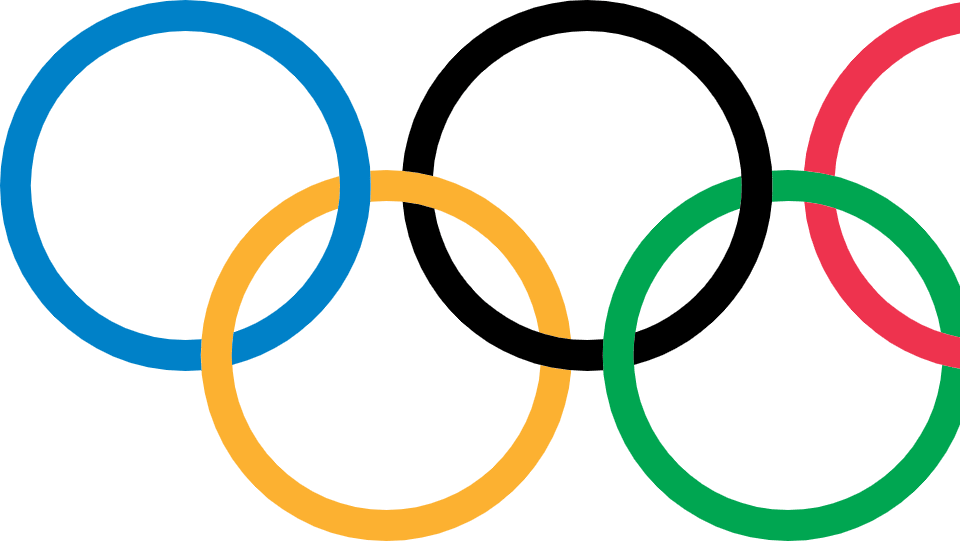VANOC Releases Final Sustainability Report

On the same day that the Vancouver 2010 Organising Committee (VANOC) announced that it had achieved a balanced budget, it also released its final sustainability report, which shows that the 2010 Winter Games were more than just “green”. Indeed, VANOC decided to look at areas beyond the environment pillar in order to deliver many other legacies from its Games, both locally and globally. VANOC’s work covered not just the environment but also social and economic opportunities that have produced lasting benefits for the host region.
Raised The Bar
IOC Executive Director for the Olympic Games Gilbert Felli commented on VANOC’s work by saying, “For nearly two decades, the IOC has been encouraging and working with the Olympic Movement to improve the sustainability of sport. With each edition of the Games, we take new strides forward, and VANOC has undoubtedly raised the bar once again. Vancouver 2010 showed that the Games and sport can be truly sustainable and leave great legacies to the host community. We are confident that VANOC’s work will leave a solid foundation from which future Organising Committees can build upon. Congratulations to the whole VANOC team for a job well done.”
Legacy for the Future
As part of its legacy for future organising committees, VANOC created a new sustainability governance model for large sports event organisations, reporting frameworks and a sustainable sports event tool kit for mega sports events. It also demonstrated how a venue programme can be designed for legacy use and built to minimise environmental impact; how partnerships with aboriginal people can make a Games stronger; how socially and economically disadvantaged groups can participate in and benefit from the Games; and how greenhouse gas emissions can be reduced.
Corporate Sustainability Objectives
The sustainability report outlines legacies that relate to each of VANOC’s six corporate sustainability objectives. For example, under accountability, VANOC developed a sustainable sports event toolkit for mega sports events in partnership with the IOC and the International Academy for Sport Science and Technology; in the area of the environment, VANOC received the Excellence for Green Building award from the Globe Foundation and the World Green Building Council; socially, inner-city businesses benefited from $5.7 million in Games-related procurement opportunities; there was unprecedented aboriginal participation in the Vancouver Games, thanks to agreements signed between the Four Host First Nations and VANOC; economically, 528 Buysmart contracts were issued for a total value of $277 million, ensuring that sustainability attributes were considered in VANOC’s procurement and licensing activities; and finally, in the area of sport for sustainable living, VANOC leveraged the interest in sport to raise awareness and inspire action on local and global sustainability solutions for businesses, communities and individuals.
VANCOUVER 2010
Vancouver and Whistler hosted the XXI Olympic Winter Games from 12 to 28 February 2010 and the 2010 Paralympic Winter Games from 12 to 21 March 2010. The seven winter Olympic sports that were on show in Vancouver were luge, skiing, skating, ice hockey, biathlon, bobsleigh and curling.
Read the full report